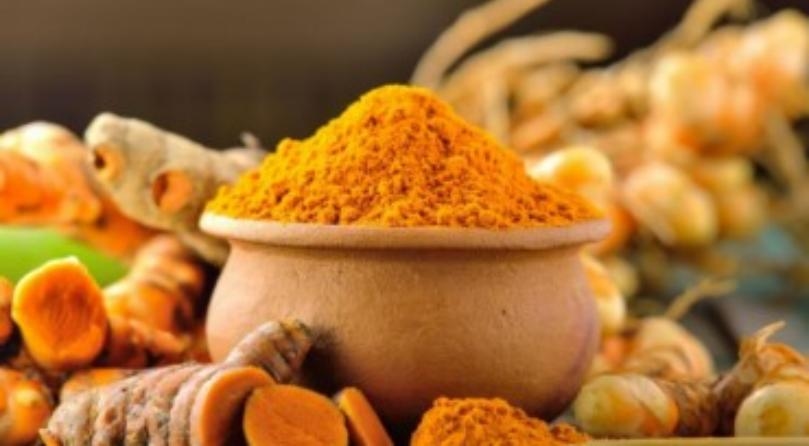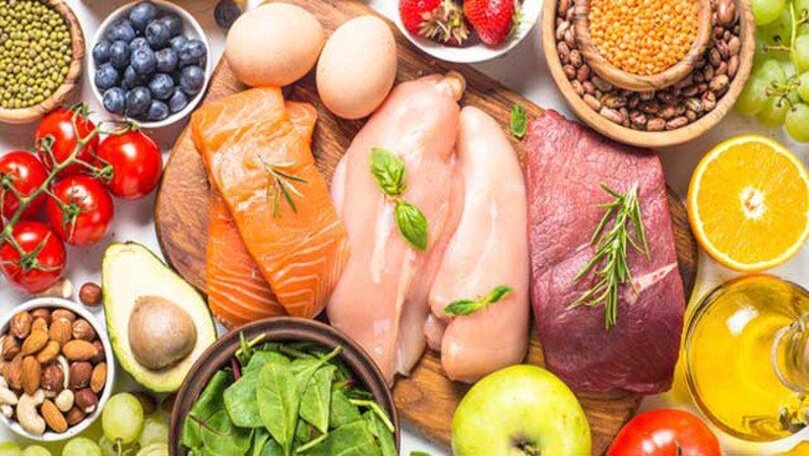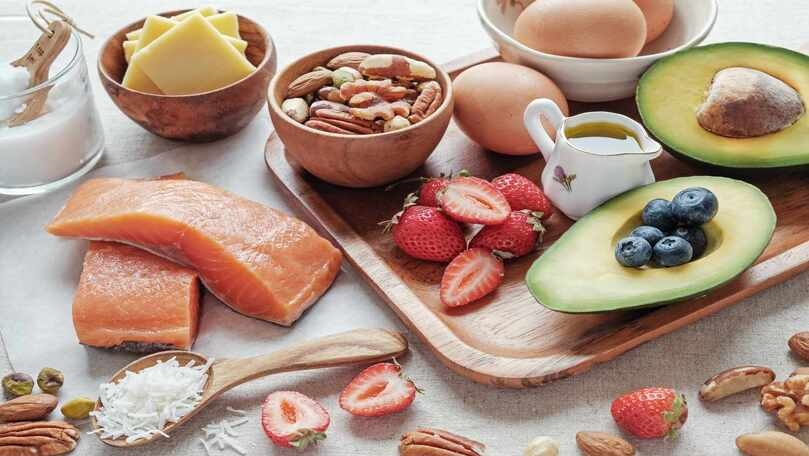invalid
invalid
Forgot password?


An email was sent to your inbox
Enter your email
invalid
An email with a reset link was sent to your mailbox.
invalid
invalid
invalid

How to Eat with Cancer Prevention in Mind
You may already know about the connection between diet and heart health, but did you know that you can also lower your risk of getting cancer through what you eat? While we can’t control our health entirely, more than 4 in 10 cancers are attributed to modifiable risk factors (AKA things in our control), including what we put into our bodies.Who better to ask how to eat with cancer prevention in mind than an oncologist who not only treats people with cancer but also stays on top of all the latest cancer research? With that in mind, we asked Dr. Lori A. Alfonse, DO, a surgical oncologist and the Deputy Physician in Chief of Lehigh Valley Topper Cancer Institute, to share her go-to dinner as well as general tips on how to eat with cancer prevention in mind.A Surgical Oncologist’s Go-To DinnerDr. Alfonse says that one dinner she has regularly is sauteed scallops or salmon, salad greens with homemade dressing (she makes it with vinegar, oil and Jane's Krazy Salt, which has 50% less sodium than regular table salt) and a small baked potato with sour cream.“This meal follows the ‘kill it or grow it rule,’ which is a motto I recommend to my patients," Dr. Alfonse says. "[It means] if you can kill it [foods like beef, chicken, fish or pork] or grow it [like fruits and vegetables], you can eat it."Scallops and salmon are both high in omega-3 fatty acids. Scientific studies have found that a diet that includes omega-3 fatty acids may help lower the risk of cancer because it helps prevent chronic inflammation. Scallops and salmon also both have magnesium—another nutrient linked to cancer prevention.As for salad greens, it’s no surprise that this food is part of Dr. Alfonse’s cancer-preventing meal. There is a strong correlation between a diet high in fiber and a lower risk of certain types of cancers. A diet high in vegetables, fruit and whole grains (all in the “grow it” part of Dr. Alfonse’s motto) can help lower the risk of cancer because these foods are full of phytochemicals, which slow cancer cell growth and prevent damaged cells from reproducing.As for that baked potato, the spud may get a bad rap but potatoes are a healthy, nutrient-rich food, a good source of carbohydrates, fiber, potassium and iron.How To Eat With Cancer Prevention In MindThe “kill it or grow it” rule allows for a long and varied list of foods to remain on the table (like whole grains, beans, legumes and meat) while nixing ultra-processed foods that are full of ingredients that are hard to pronounce, let alone know where they come from. According to scientific research, there is a direct correlation between a diet high in ultra-processed foods and an increased risk of certain cancers, including colorectal cancer, colon cancer and breast cancer.Besides minimizing ultra-processed foods, Dr. Alfonse also recommends prioritizing protein as a way to eat with cancer prevention in mind. “I suggest people increase their protein levels and try not to eat carbohydrates without pairing it with a protein. For example, I know people love pasta and some people can’t imagine living without it. I suggest cutting the portion in half and adding chicken or seafood,” she says. “Additionally, I suggest healthier alternatives such as chickpea or red lentil varieties of pasta. If you want to snack on crackers or pretzels, add some cheese.”Eating this way can help lower the risk of obesity, which is important because obesity is a risk factor for many types of cancer. People with obesity are at increased risk for 13 different types of cancer, which collectively make up 40% of all cancers diagnosed in the U.S. each year.If you want to start changing your diet to eat with cancer prevention in mind, dinner is a great meal to start with because, for many people, it’s their most substantial meal of the day. Follow in Dr. Alfonse’s footsteps by eating dinners with a balance of protein, fiber and carbohydrates. It’s one step you can take every single day to lower your risk of cancer.
4/8/2024 12:51:00 PM
9/12/2023 7:41:06 PM

8/18/2023 7:54:28 PM

6/11/2023 11:12:49 AM

5/28/2023 11:31:17 AM

{{article.publishDate}}
More
4/8/2024 12:51:00 PM

9/12/2023 7:41:06 PM

8/18/2023 7:54:28 PM

6/11/2023 11:12:49 AM

{{ article.publishDate }}
More